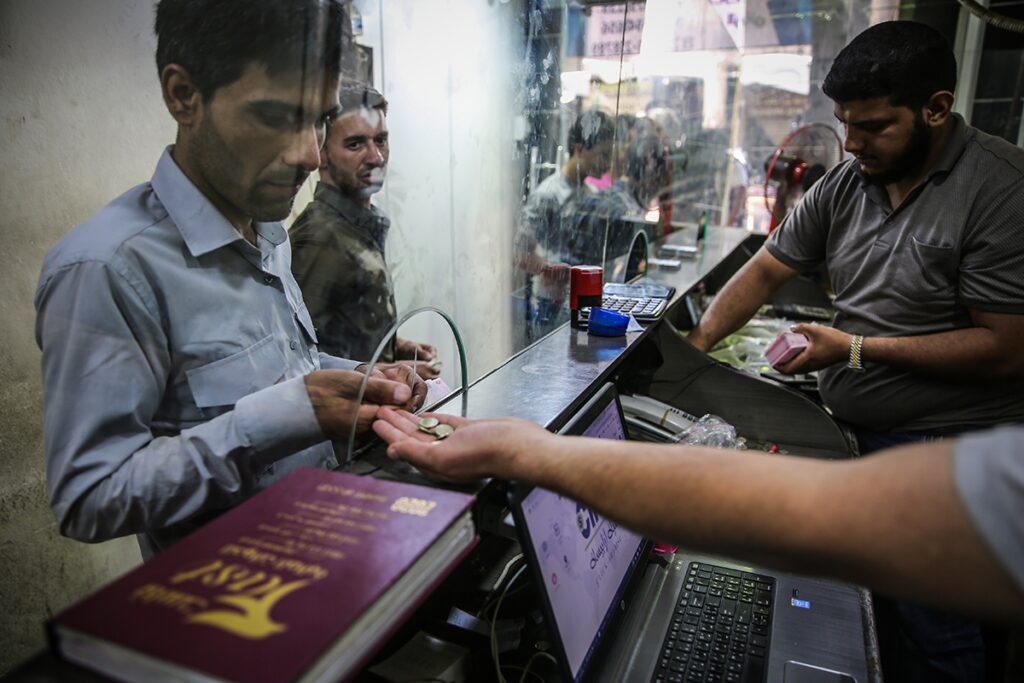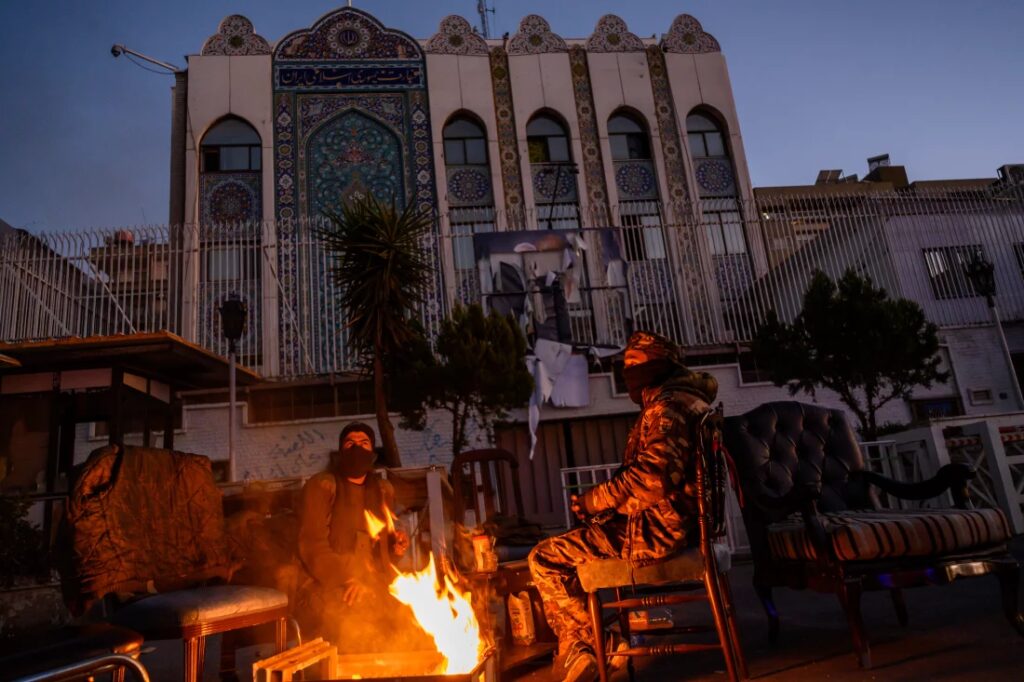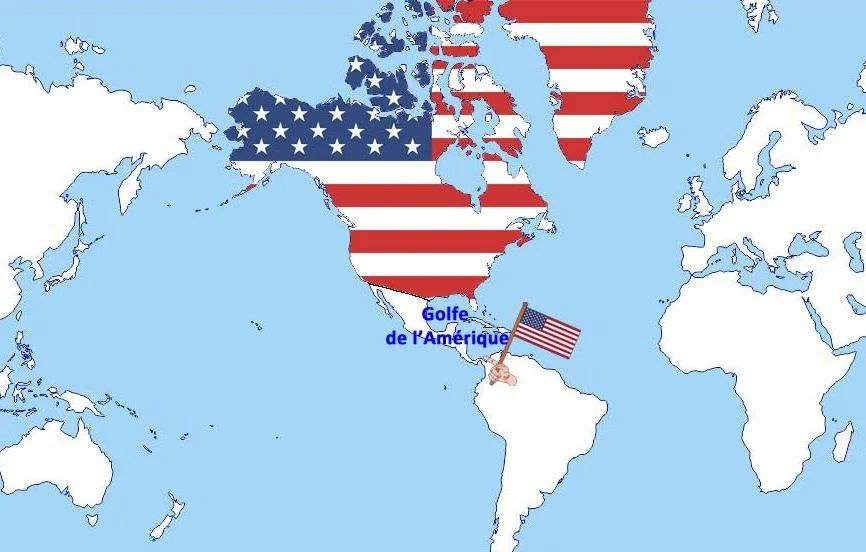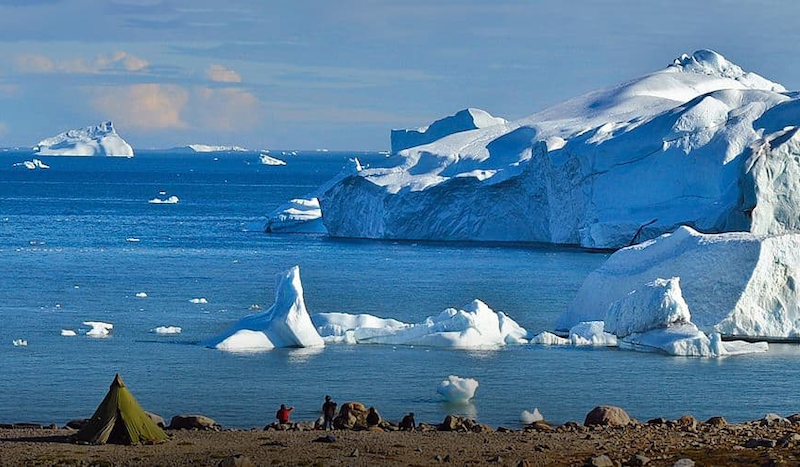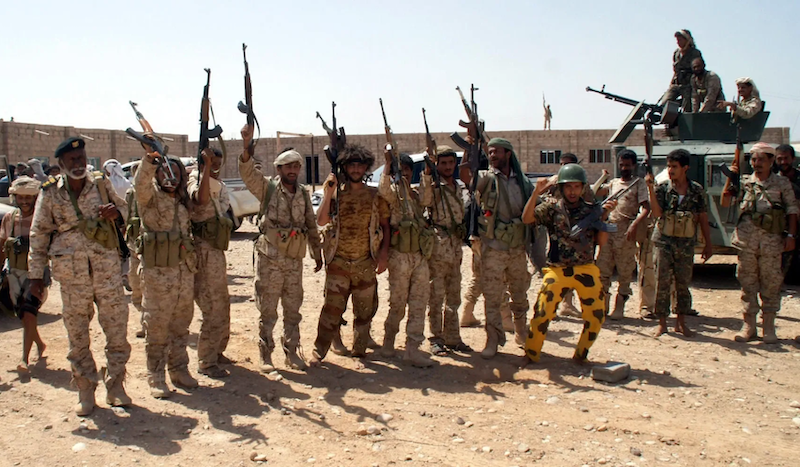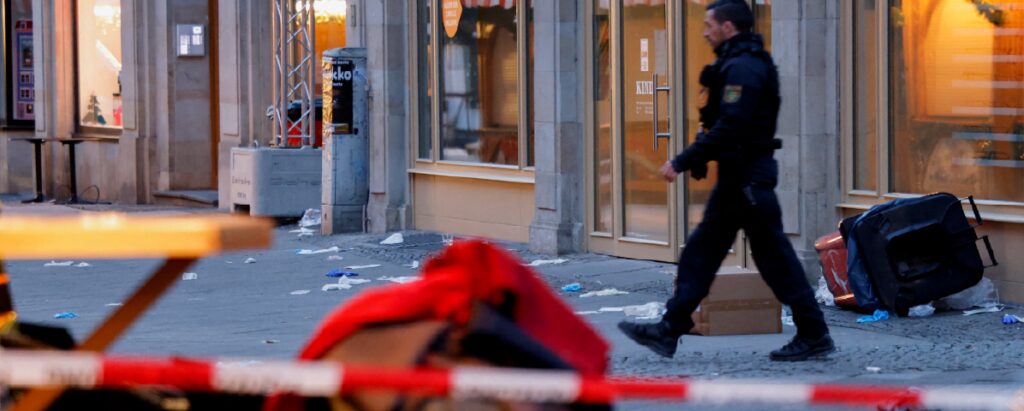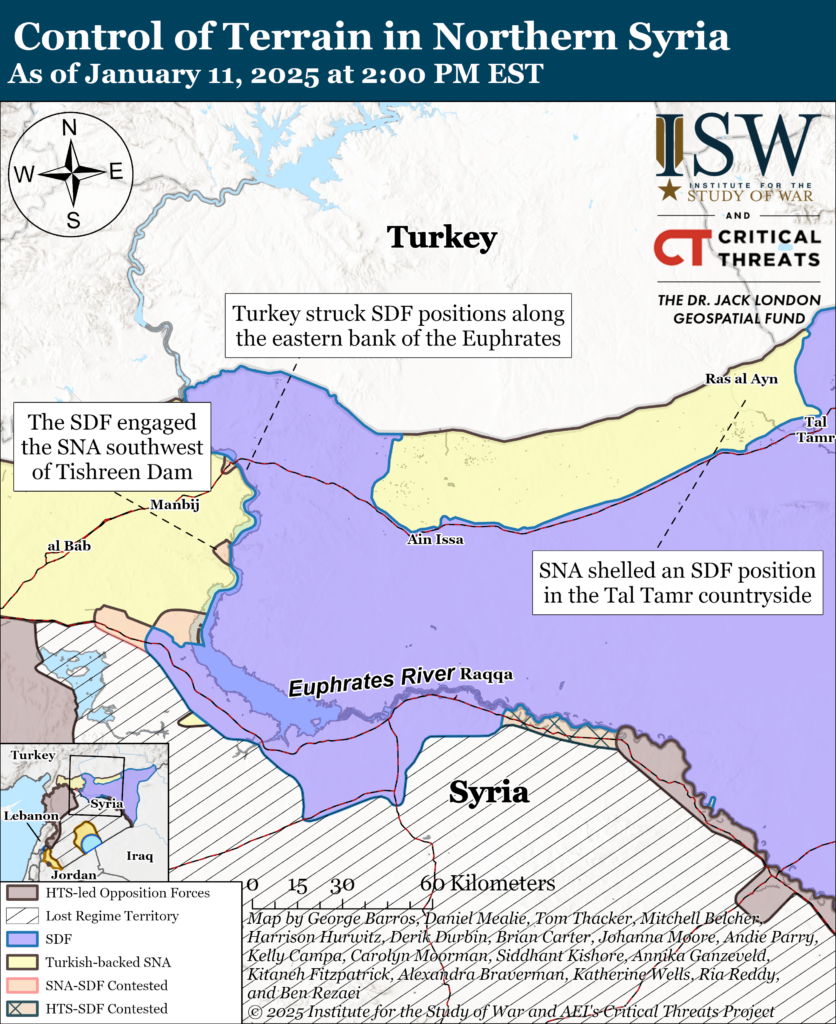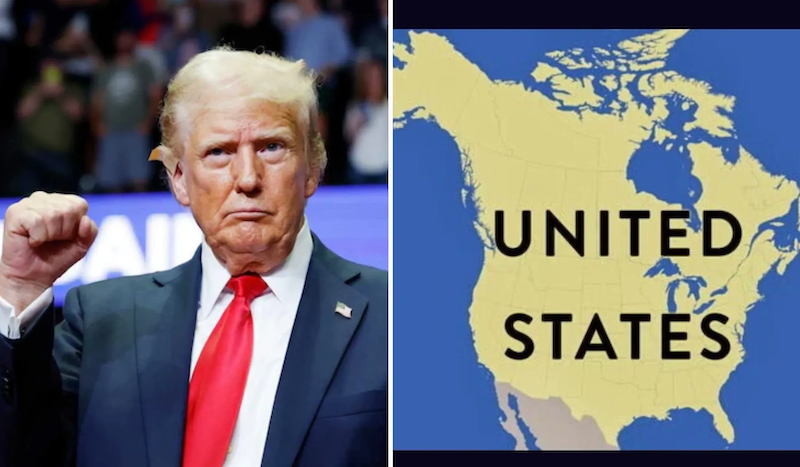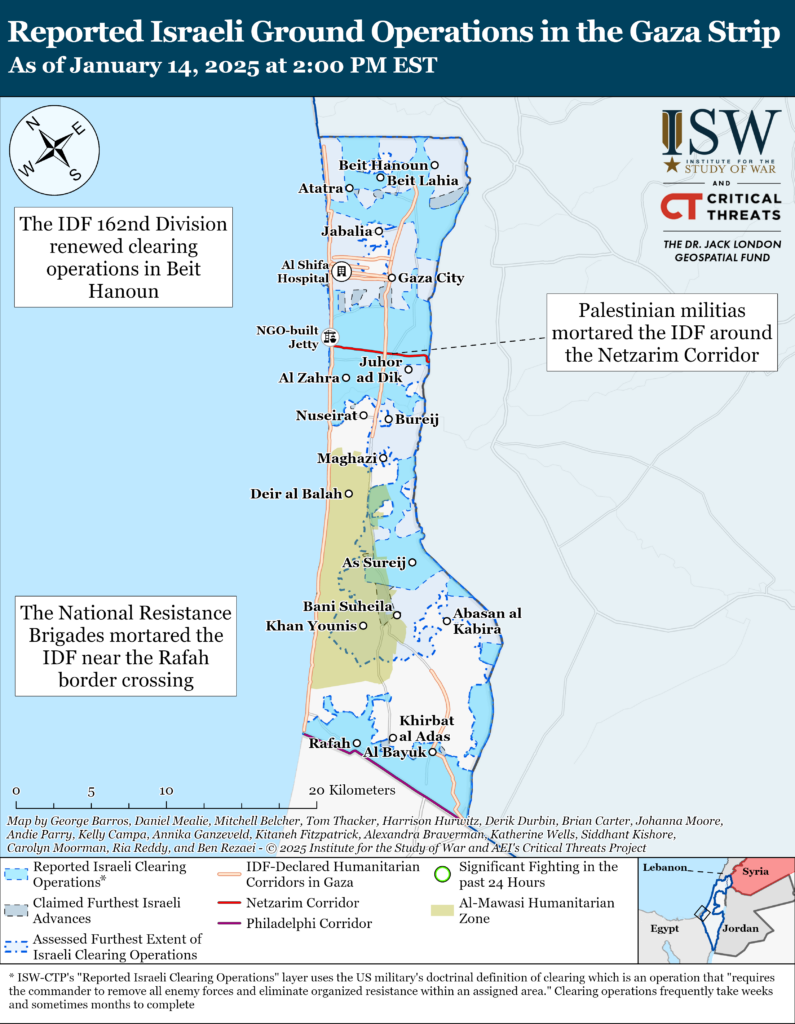New Syrian Minister Of Justice Shadi Al-Waisi: We Will Not Impose Shari’a Law, But 90% Of Syrians Are Muslims And The New Parliament And Laws Will Reflect This
In a January 1, 2025 interview on Alaan TV (UAE), Syria’s new Minister of Justice, Shadi Al-Waisi, who was seen presiding over a 2015 execution of a woman accused of prostitution in a shari’a court, discussed the regime’s plans to implement shari’a law in Syria. He emphasized that Muslims make up roughly 90% of the Syrian population, and the government will reflect the will and aspirations of the people. As a result, the implementation of shari’a will play a “major role” in the coming days. Al-Waisi explained that the shari’a will be implemented in line with the conviction that 90% of Syrians hold “at the heart of their beliefs.” He concluded that the state will not impose anything on the people.

